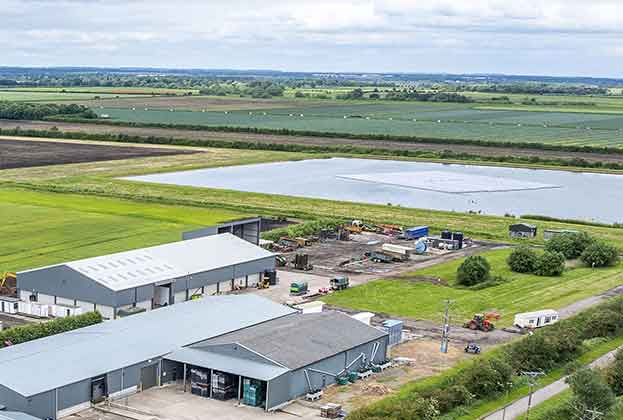The Scottish Government is currently consulting on the direction of travel of the energy industry in the UK. Consultation on a Scottish Energy Strategy: The future of energy in Scotland sets a challenge of 50 per cent energy consumption from renewables by 2030, and includes a focus on onshore wind, fracking and energy efficiency.
The document, which is out for public consultation until 30 May 2017, restates a number of policy objectives and gauges performance against that of the UK Government as well as setting a number of new policy objectives.
As the document underlines, the Scottish Government’s decisions about energy are among its most crucial, as the supply of ‘safe, reliable energy’ underpins the continued growth of Scotland’s economy.
The Scottish Government highlights the significant ground made toward renewable electricity targets but also the lack of progress regarding heat and transport which represent approximately 75 per cent of Scotland’s annual energy consumption.
While it could be argued that the Scottish Government’s influence on renewables is limited as it does not control the energy purse strings, it does have an effective planning policy at its disposal, which is pre-disposed to support the sector. The consultation document makes it clear that for projects to be successful developers need to think outside the box, looking at ideas such as shared ownership and collaboration with other proposals in the area.
It is clear that in a post-subsidy environment businesses have to adapt their methodologies and identify alternative routes to market to reduce their dependency on subsidies.Those considering projects need to take a whole-business/holistic approach in order to integrate them with their wider business processes: for example, integrating an AD plant into a dairy farm to assist with slurry management and provide power back to the business (see Micro anaerobic digestion presents opportunities for farmers) .
In addition to subsidy changes, renewables businesses are currently facing a number of other challenges, including the following:
Business rates
Many businesses did not budget for the sizeable increases to come in April right across the UK. While there is an opportunity to appeal, businesses will need to be certain of their grounds before doing so and seek professional advice if necessary.
Power prices
Low wholesale prices only tell half the story; operators need certainty to secure finance against counterparties with good covenants and should explore alternative structures to sell their power, such as direct wire agreements or synthetic agreements with high-energy users.
Performance
In many cases projects have not performed in line with expectations. Owners should take a proactive approach to this by undertaking a business health check.
Route to market
There is a need to innovate if a project is going to be successful. In a post-subsidy market developers and operators must think creatively about every aspect of a project’s development and operation.
Further information
Given the importance of energy to the future of Scotland’s economy, interested parties should access the Scottish Government's Consultation on a Scottish Energy Strategy: The future of energy in Scotland and take part in the debate.
(1).jpg)
.jpg)







.jpg)
.jpg)